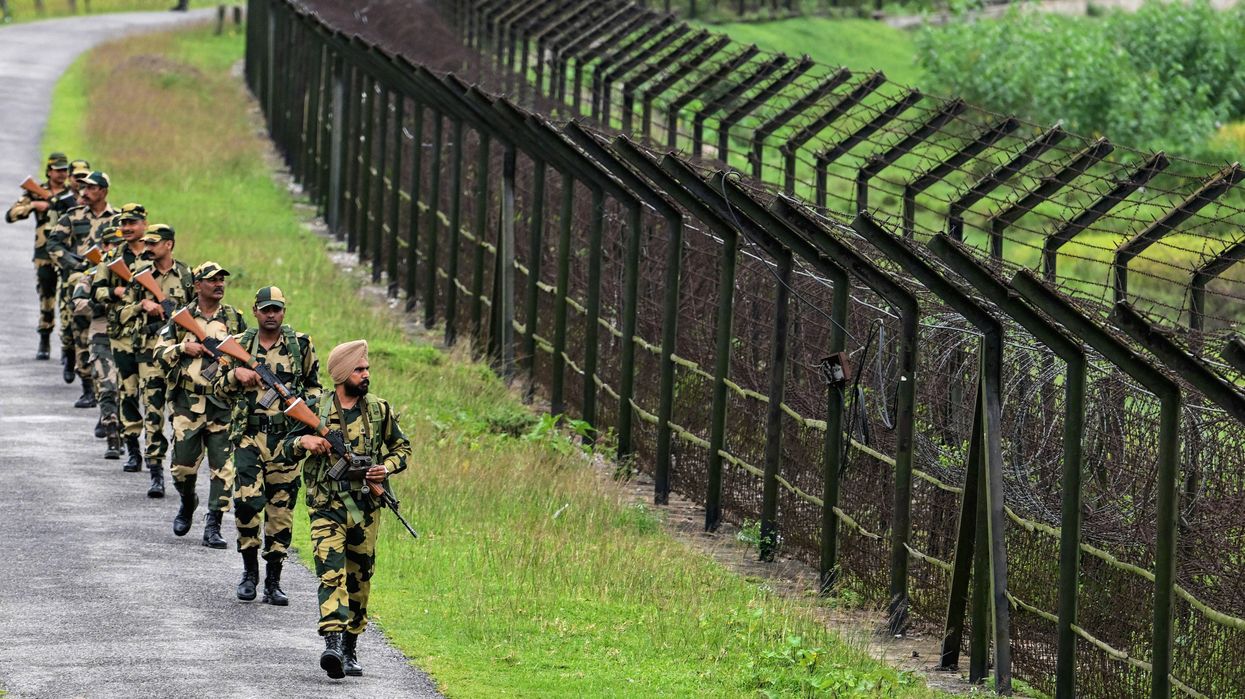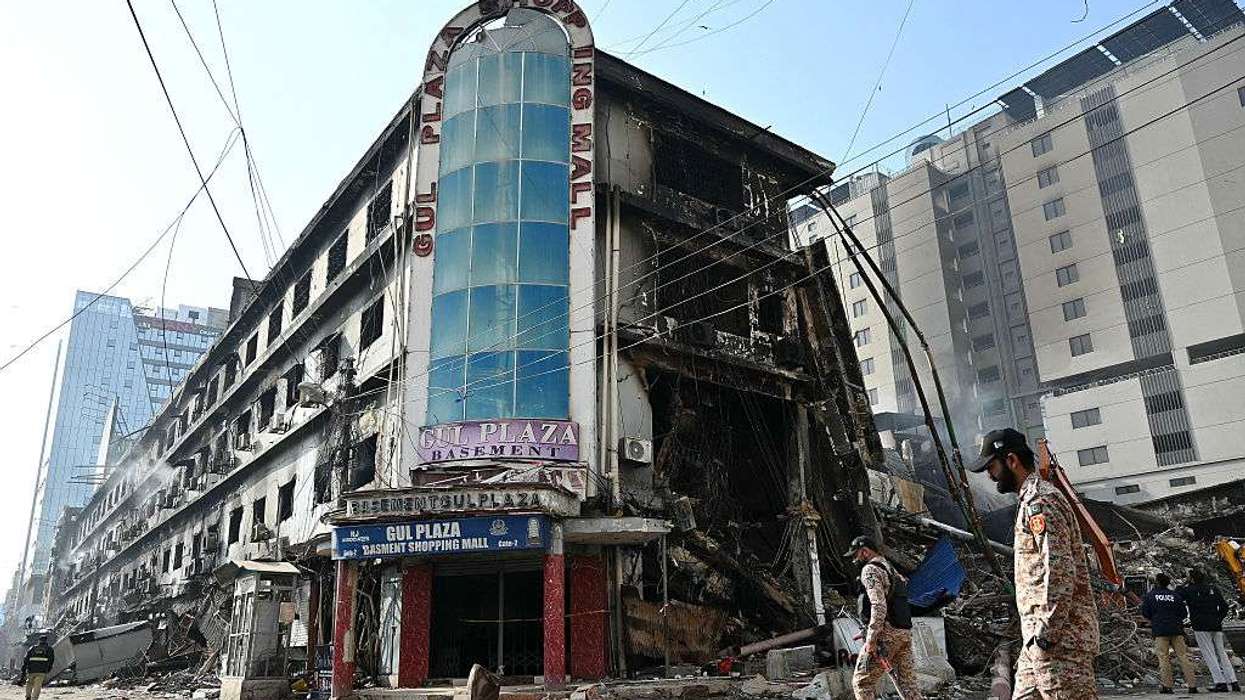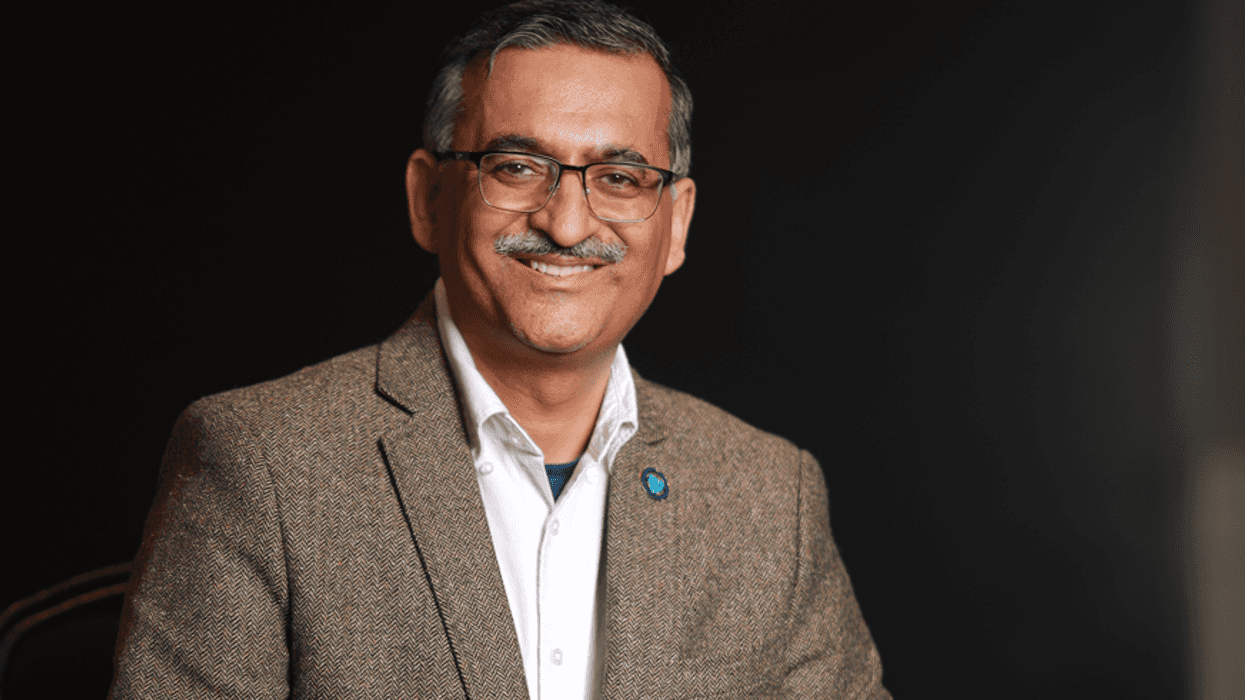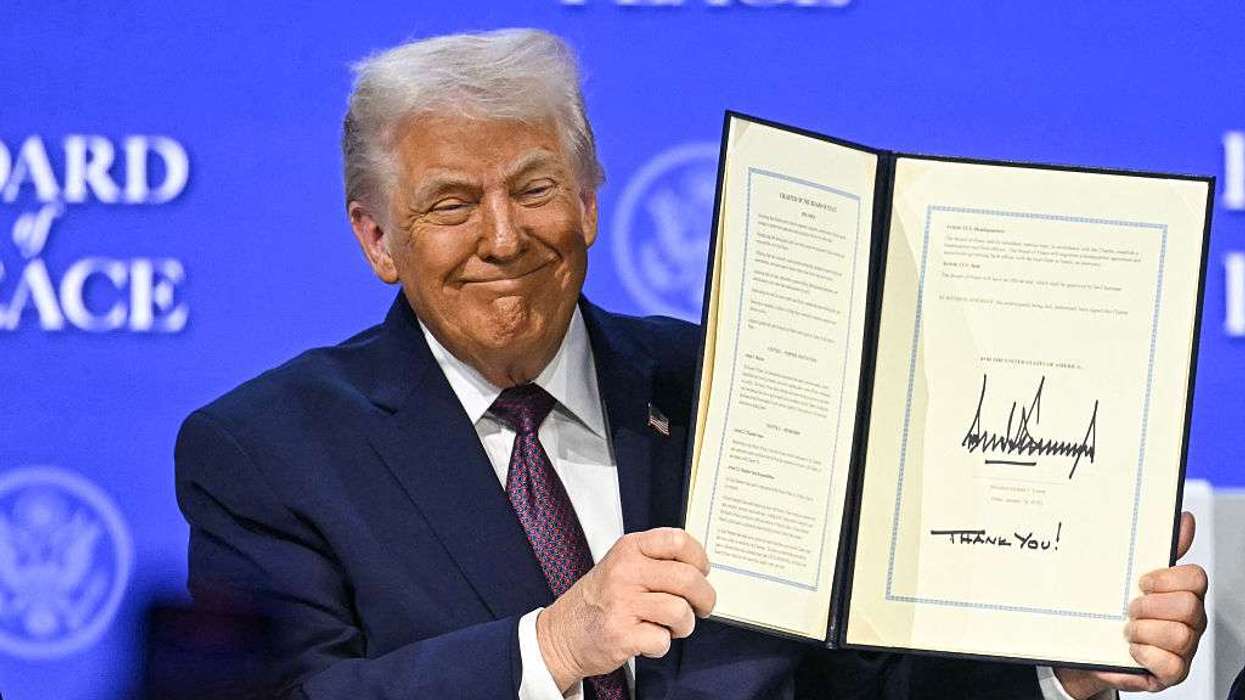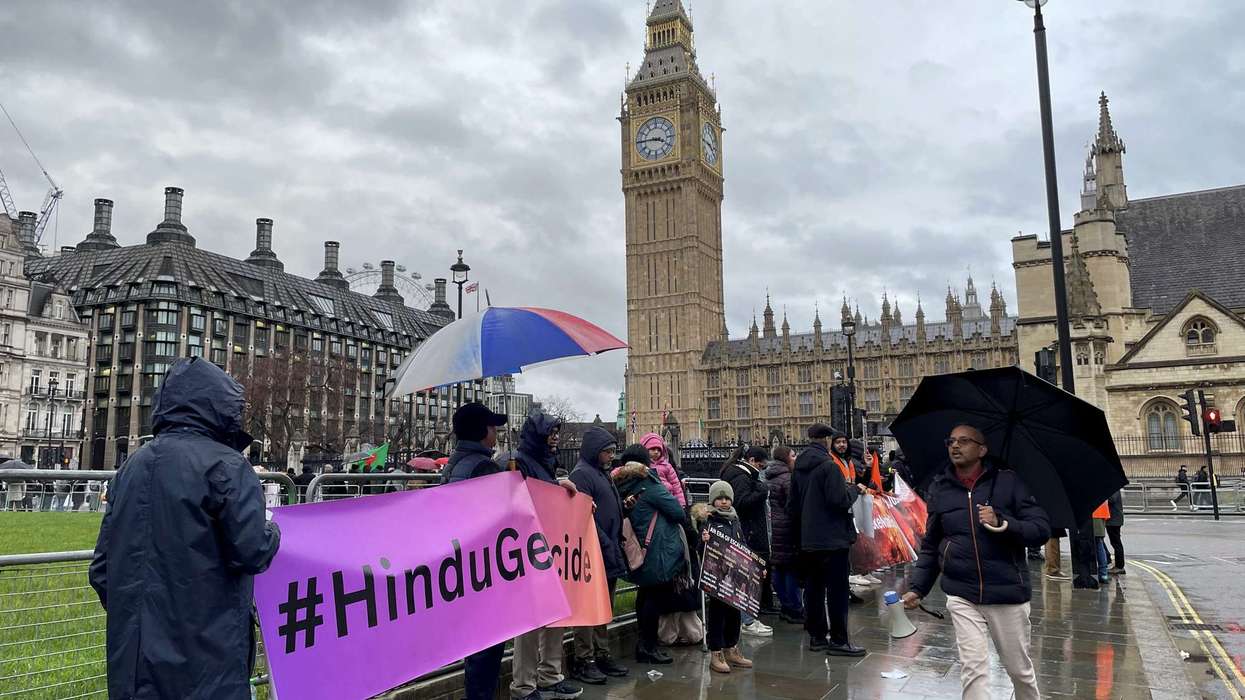BANGLADESH on Wednesday said Indian authorities have pushed more than 1,270 people across the border over the past month. The group includes mostly Bangladeshis, along with Indian citizens and Rohingya refugees.
Border Guard Bangladesh (BGB) officials said, “Between May 7 and June 3, Indian authorities pushed in 1,272 individuals, including a few Indian citizens and Rohingya, through 19 bordering districts.” They added, “Only yesterday, they pushed 50 individuals.”
Relations between the two neighbours have become tense since a mass uprising led to the fall of the previous Bangladeshi government last year. India surrounds Bangladesh on three sides.
India’s government has described undocumented immigrants as “Muslim infiltrators”, accusing them of being a security threat. It has not commented on the recent cases of people being sent back across the border.
Jahidul Molla, a 21-year-old Bangladeshi, said he was among those sent back. He said he had lived in India’s Gujarat state since the age of 14. “They picked us up from home and put us on a plane,” Molla told AFP. He said that after spending two weeks in a camp, he was taken onboard a ship with more than 50 others, almost all men.
“For the next three days, they kept beating us, and we were starving,” he said, claiming that they were later dropped overboard in the Sundarbans mangrove swamps along the India-Bangladesh border. “They dropped us... the coast guard rescued us and handed us over to the police.”
AFP said it could not independently verify his account.
India shares a long and porous border with Bangladesh, which is Muslim-majority. The Rohingya, a mostly Muslim minority group, have faced persecution in Myanmar for decades, including a major military crackdown in 2017. Over a million fled to Bangladesh, while others went to India.
The BGB official said “some of the Rohingya” being pushed back were registered with the UN refugee agency in India.
Md Touhid Hossain, head of the foreign ministry in Bangladesh's caretaker government, said Dhaka was “putting all our efforts” into resolving the issue through dialogue.
Indian media have reported that since a four-day conflict with Pakistan last month, authorities have pushed back more than 2,000 alleged illegal Bangladeshi immigrants.
In February, India’s interior minister Amit Shah said, “The issue of illegal intruders is also related to national security, and it should be dealt with strictly,” adding, “they should be identified and deported.”
(With inputs from AFP)
